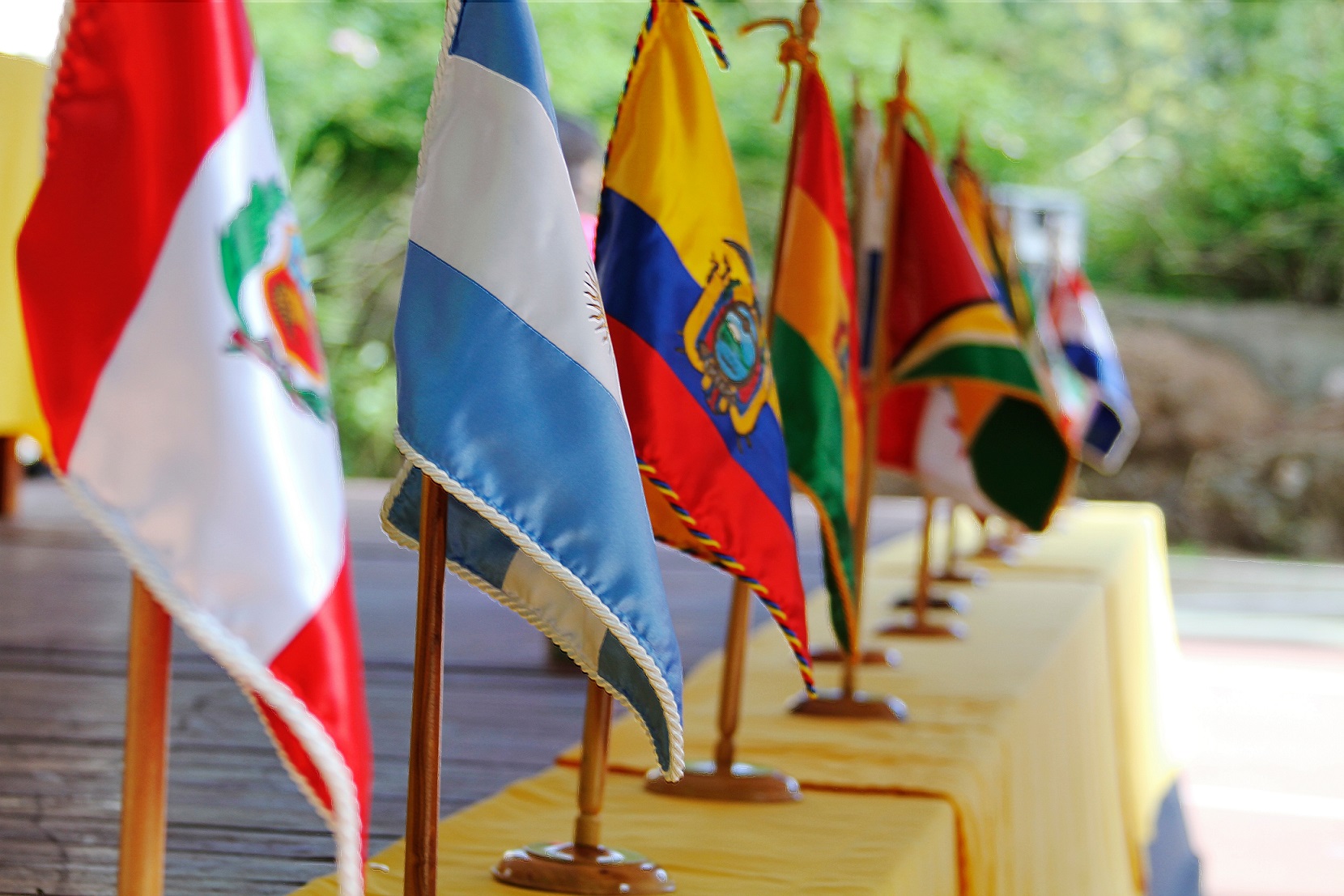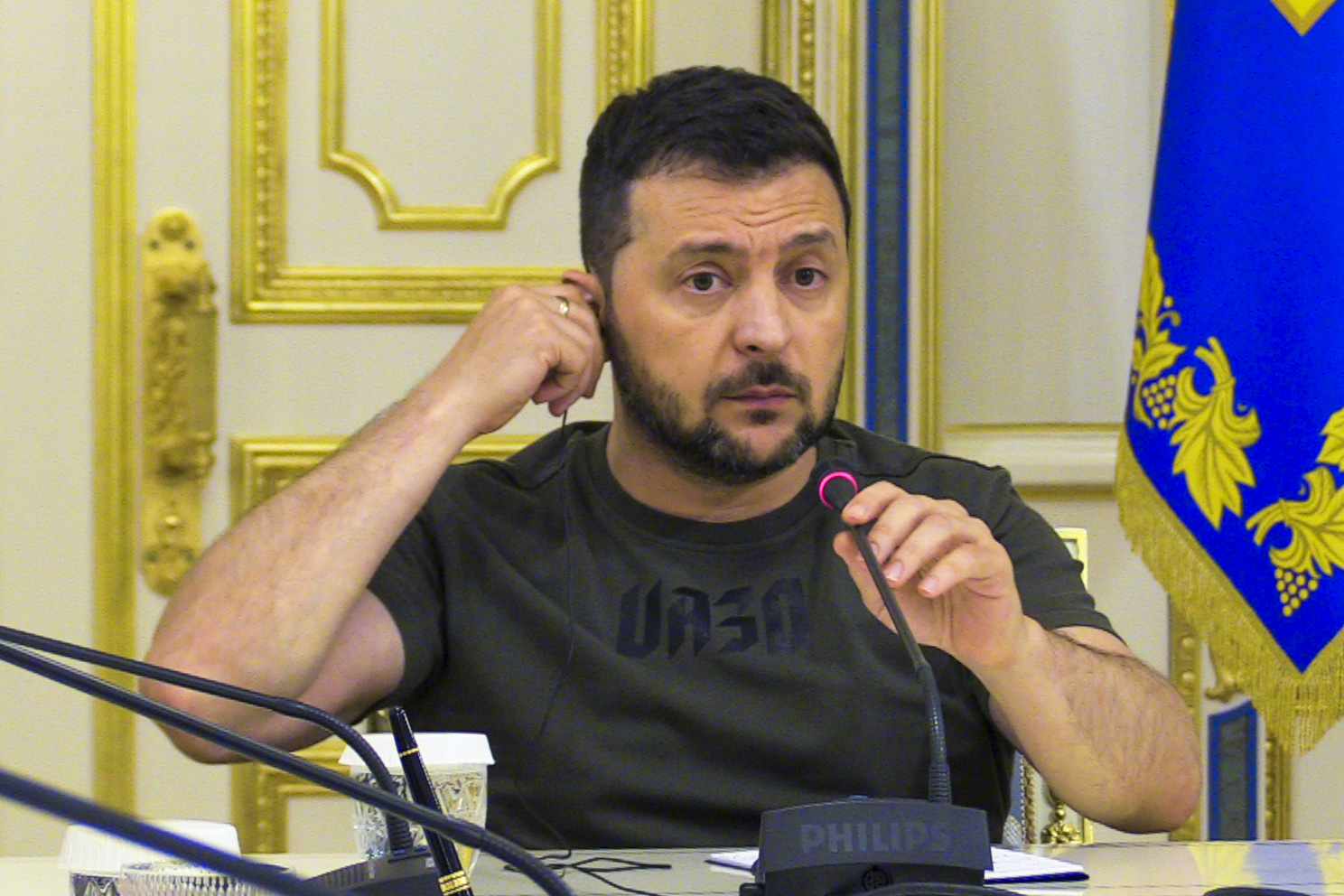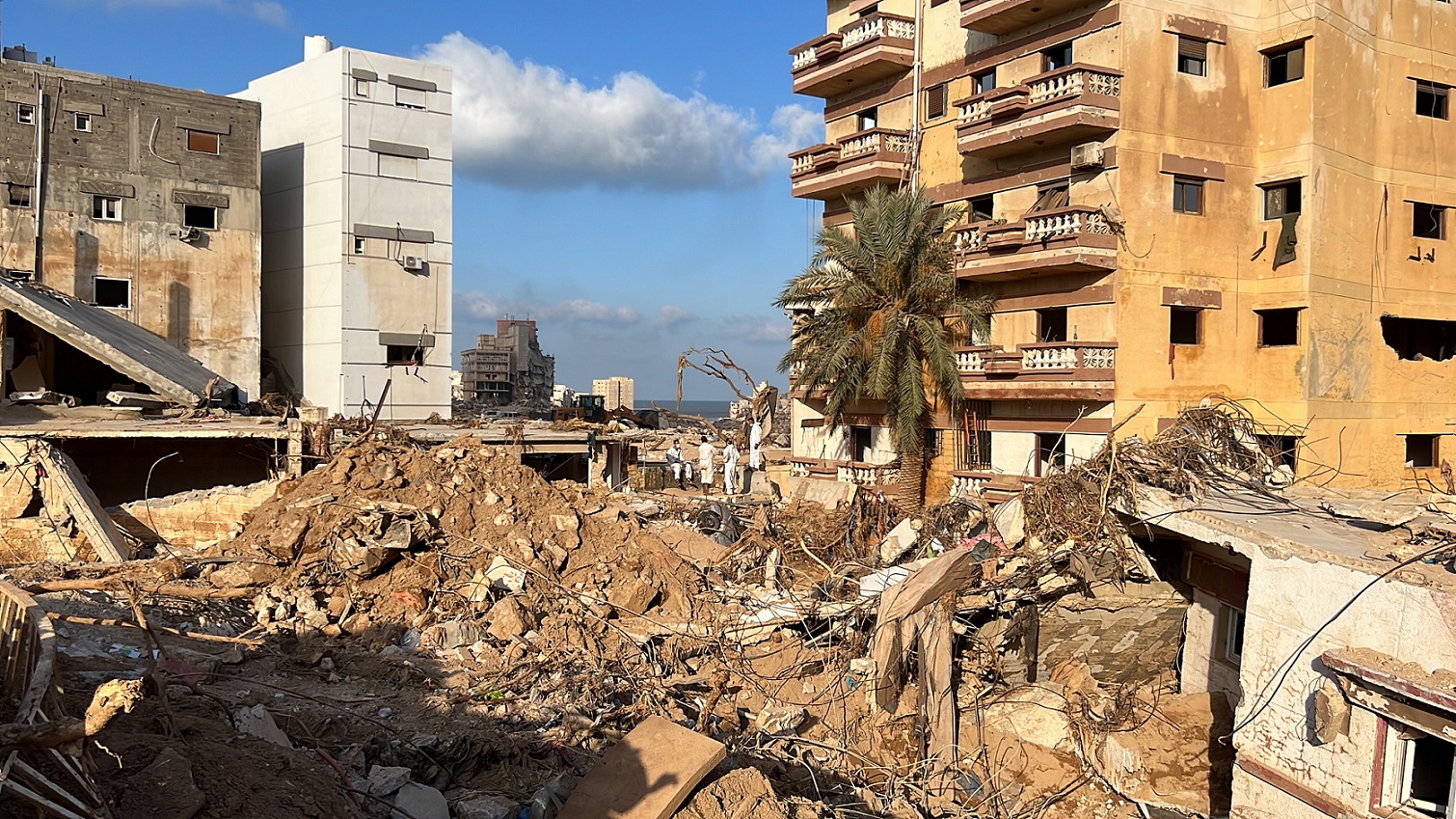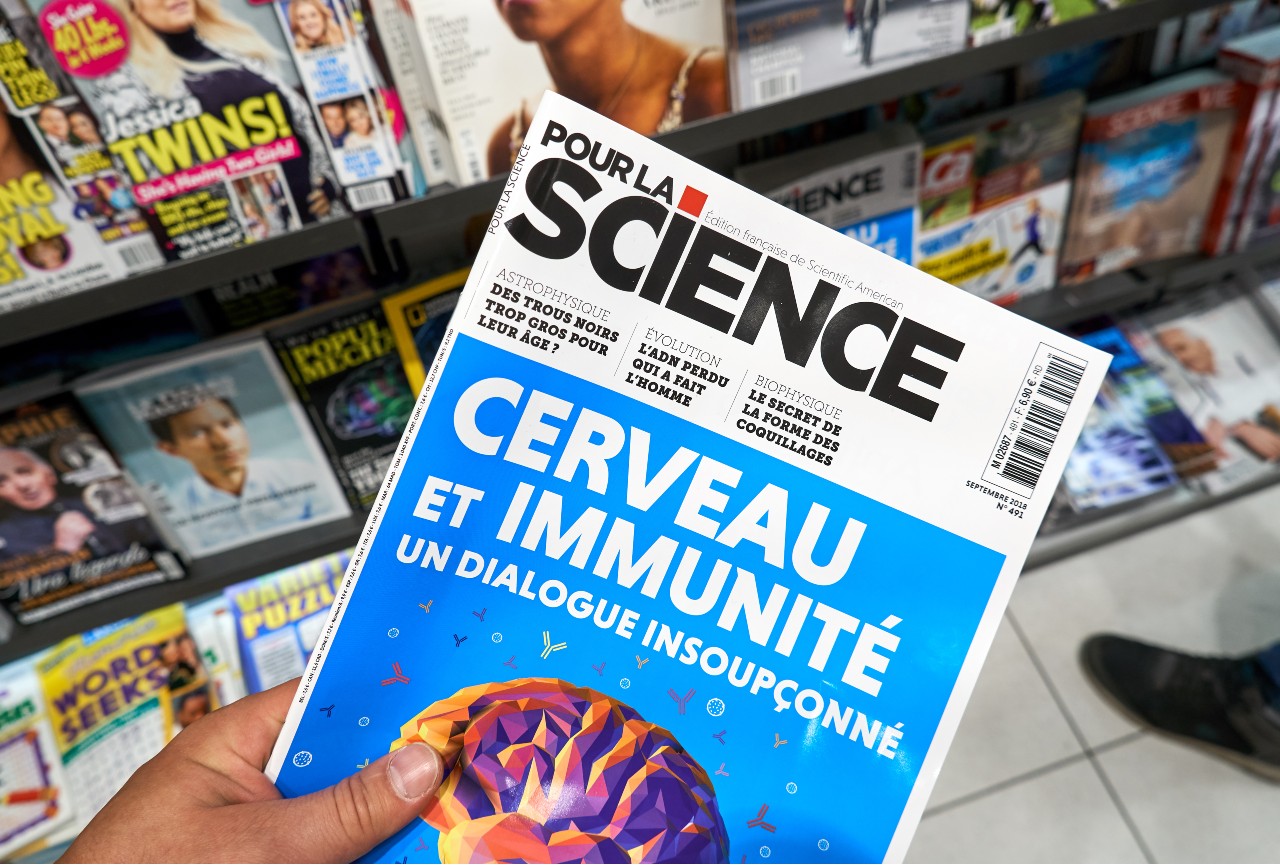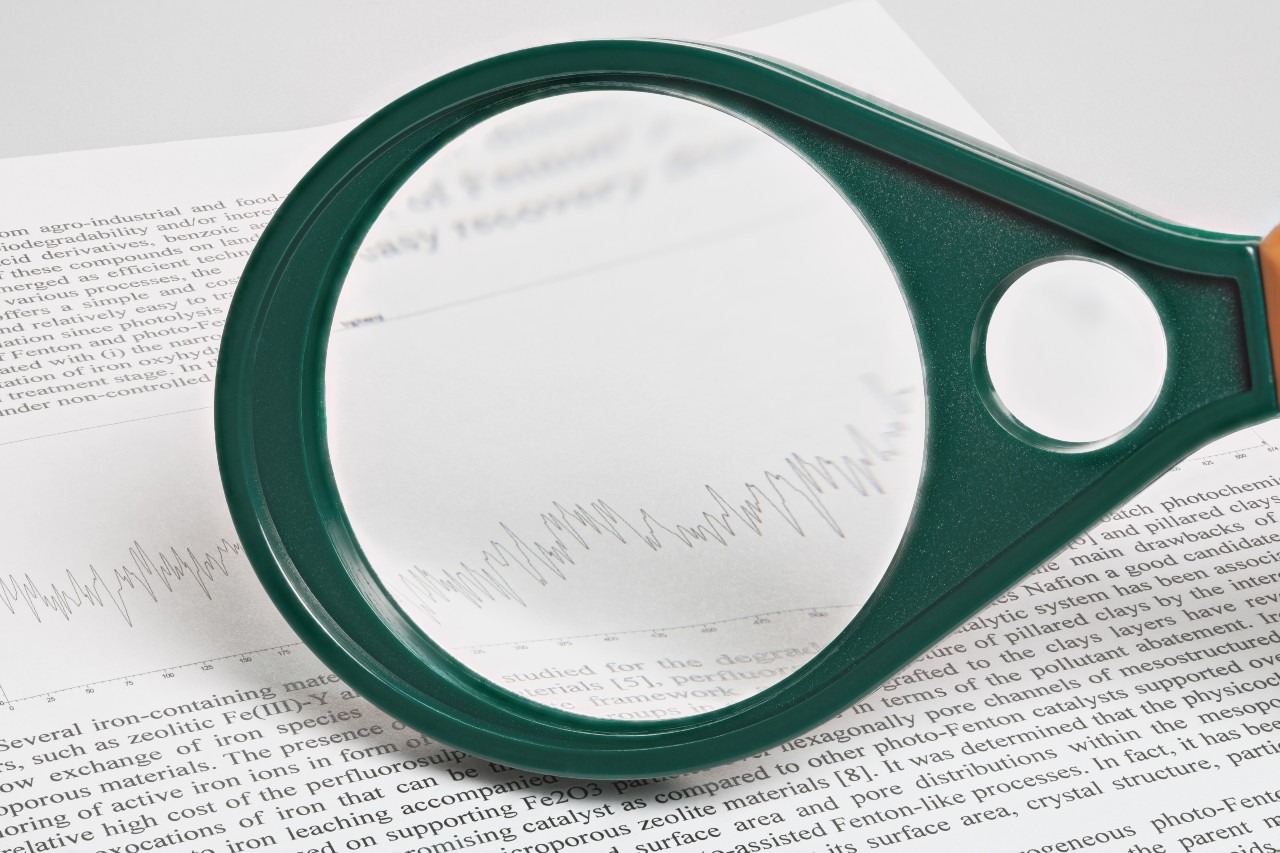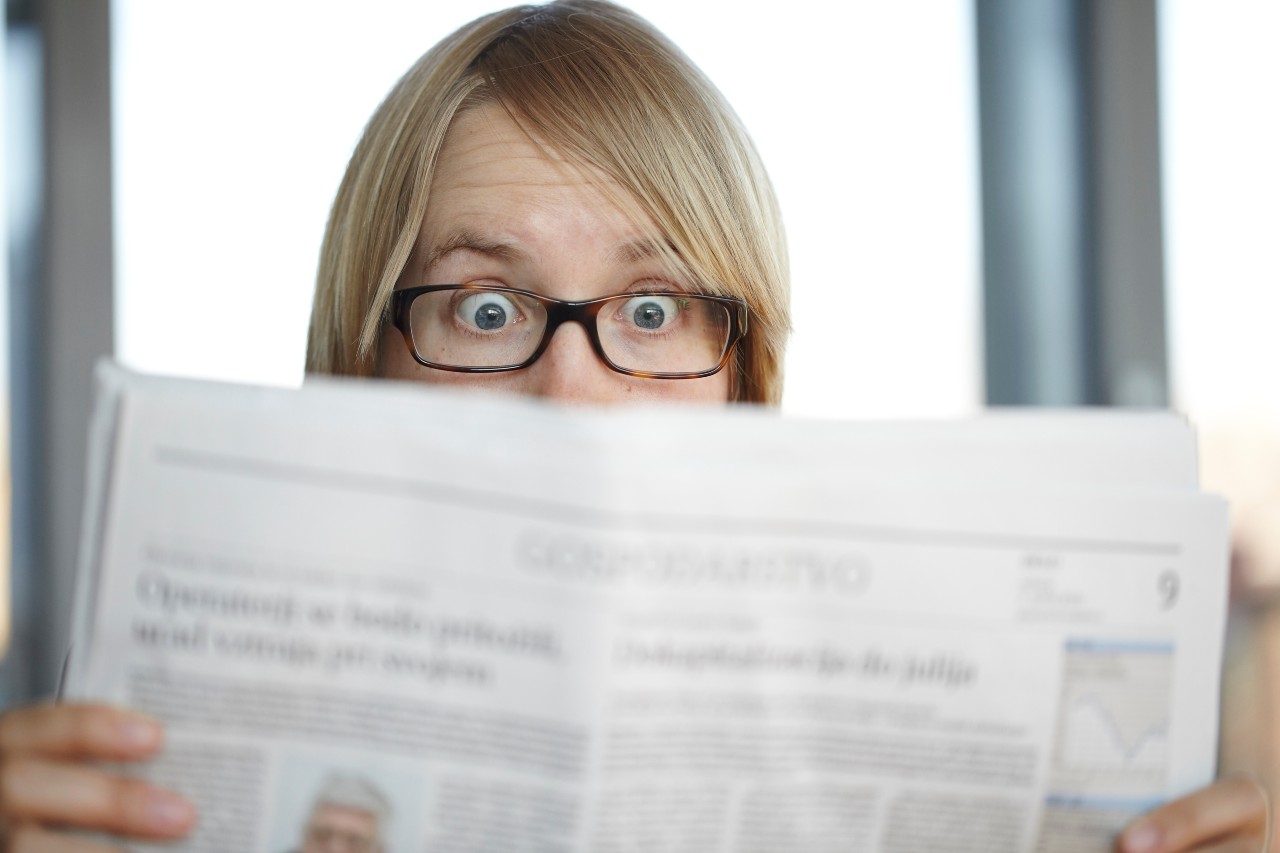A research project has analysed the Twitter discourse related to deepfakes in the context of the Russia-Ukraine war in 2022, studying almost 5,000 tweets related to these videos. Deepfakes are synthetic media that mix an original video with content generated by artificial intelligence, often with the aim of mimicking a person. The research, published in PLoS ONE, looks at the lack of literacy about deepfakes and the scepticism and misinformation that can arise when real media is mistakenly identified as fake. The authors warn that efforts to raise public awareness of this phenomenon can undermine trust in other legitimate media, that can also be seen as suspect.

